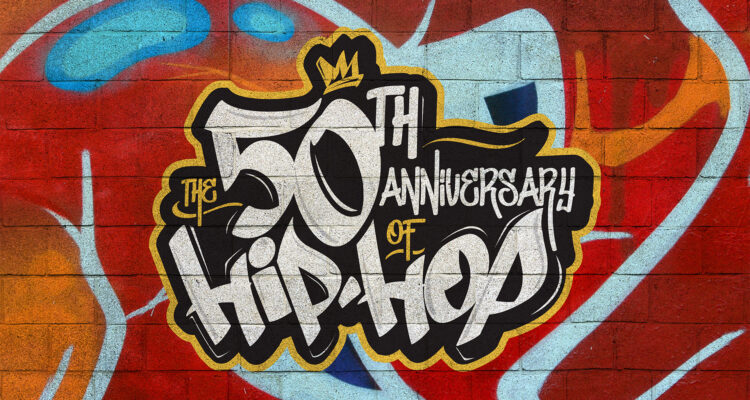The 50th anniversary of hip-hop took place earlier this year and Fairfield University did very little, if anything, to acknowledge it. And the school newspaper, “The Fairfield Mirror,” could have also addressed this historic and cultural event, because hip-hop lends itself to anti-racism and activism, something that Fairfield claims to take seriously.
Hip-hop music redefined American culture and a lot of rappers continue to remind and inform people of police brutality and other forms of discrimination affecting the Black community, problems that have often been and continue to be overlooked. There should be at least one article published about the 50th hip-hop anniversary before the year is over. The anniversary happened this past summer, but it’s still relevant, so there’s still time to publish an article.
Fairfield students and young people in general love hip-hop music. It’s now the most popular genre of music out there—celebrated at parties, formals, sporting events and school events by students and faculty alike. But it’s also important to remember that hip-hop wasn’t always this popular.
In the 1980s and 1990s, when hip-hop was becoming mainstream, a lot of people—mostly white American conservatives, big media figures and politicians—considered rappers a bad influence on children, Black or White. They didn’t even consider it an art form or a musical genre—they considered it an anti-American plot, radical and criminal.
Much of this criticism came from a racist frame of mind, because conservatives, on the surface, opposed the musical and side of it, and the profanity that some rappers used in their lyrics. But in truth, they opposed the ideas woven into the lyrics and expressed by them. The thought of Black people speaking out against their oppression panicked the then right-wing dominated country and conservative political figures like Dan Quayle did what they could to take hip-hop records off store shelves and censor them on the radio.
People may not feel the same way about hip-hop anymore, but rappers still use their music as a platform to give a voice to people who don’t have one. Being some of the most popular artists in the music industry today, they’re very popular around Fairfield campus and their music is a huge part of Fairfield student culture and pop culture in general.
“The Fairfield Mirror’s” article “The Grammys: Hip-Hop, Harry And The Hive” did mention the 50th anniversary of hip-hop to some degree. But the article focuses more on the Grammy nominees and winners this year. It was published this past February when the anniversary was alive and relevant in pop culture and in the media. The Grammy Awards honored the anniversary and in spectacular fashion.
To quote the article, written by Elliot Enriquez, “As a big hip-hop fan, the 50-year celebration of hip-hop was the best part of the evening.” “The Fairfield Mirror” staff should have elaborated more on this moment at the Grammys and on other big hip-hop celebrations. This could go in many different directions since hip-hop has a slew of different sub-genres and cultures within them. But being a student-run newspaper, I’m sure that “The Fairfield Mirror” staff would love to write articles about their own music tastes and passions.
Hip-hop is a part of American history, not just music history and it’s a testament to the resilience of Black people and their culture. It’s a testament to our culture as well and if Fairfield or the “The Fairfield Mirror” pay any mind to that history and to today’s politics and culture, then someone ought to write about it.


Leave a Reply